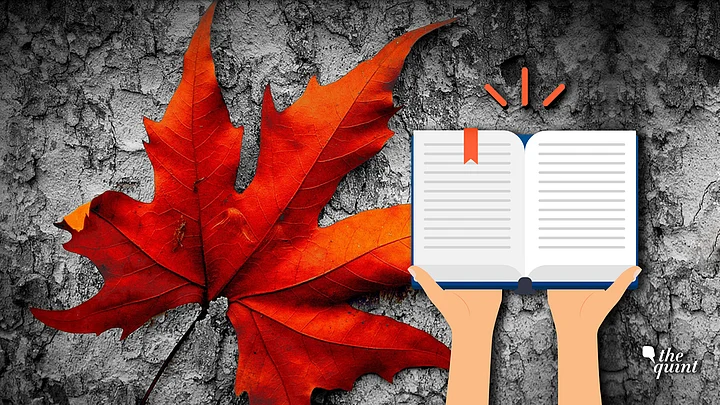Kashmir’s education system has been in focus over the past few days. The Chief of Army Staff, General Bipin Rawat, questioned the thrust of education in the state with regard to nationalism, and the idea of belonging to the Indian nation-state.
A sharp rebuke from the state’s education minister, Altaf Bukhari, asking the army chief to mind his business, got a lot of traction in the state.
The tone as well as the identity of the messenger can make a critical difference to how a message is received. Coming from the army chief, this observation was bound to cause a circling of the wagons within Kashmir, rather than any worthwhile introspection or engagement.
Ground Situation
However, since the controversy has brought the matter into focus, let us take a look at the situation on the ground. The stark fact is that there is more or less a vacuum regarding the idea of a nation in most of the formal curricula in Jammu and Kashmir.
A celebrated young bureaucrat, who has been the state’s Director of Education, once posted a long and heartfelt reminiscence on how the school bell would always ring before a teacher made a definitive point about the country to which students belong.
Separate Nationalism
On the other hand, it is also a fact that young Kashmiris nevertheless learn about belonging and nationhood in the environs of the school as well as the home, and even more so on the university campus.
Kashmir University has, over the past decade, become the hub of separate Kashmiri nationalism. Groups of students and faculty vigorously promote the concept, shaping minds and hearts, as well as activism in society and across the world.
Separateness Inculcated
While the formal curriculum of schools affiliated to the state Board of Secondary Education evades the idea of national belonging, this does not stop teachers from inculcating a sense of separateness from India. Many of them do that in the course of discussions and interactions with the students.
No Point Avoiding
The stark fact is that the school system does no good by avoiding the history of the state. For, even if it is not in textbooks, the matter is sometimes taken up in assignments, and even in examination questions.
The little kunji (keys) of pre-written answers, from which many students learn (often by rote), give their own versions of history, without any academic corroboration or approval.
Commonplace Narratives
The result is that many young people in Kashmir grow up with the following idea about the start of Kashmir’s association with India: When kabali tribesmen attacked Kashmir in 1947, Sheikh Abdullah asked his friend, Jawaharlal Nehru, to send troops to fight them back. When that was done, the troops never went back.
Students also learn that the United Nations mandated a plebiscite through which the people would decide between India and Pakistan, and that Nehru too promised a plebiscite, but that India has never let go after a temporary accession to India in 1947.
Talking Past Each Other
This sort of narrative of course, negates the legitimacy of the troops and state apparatus within Kashmir.
Since soldiers and officers are generally steeped in the most diehard ideas of nationalism, both sides view the attitudes and responses of the other side as illegitimate. In phases such as the current one, this perception gap leads to terribly gory deaths on both sides.
Flawed Argument
No doubt this worries top officers deeply. However, the example the army chief gave –that two maps, one of the state and another of India, hang in Kashmiri classrooms –was out of place. Maps of the concerned state hang in schools in various parts of India – and, indeed, in federal countries across the world.
It is best to concentrate on one’s area of expertise. The army runs some very good schools in Kashmir, and several parents seek to send their wards to these schools. But this must be recognised as a peculiar circumstance rather than the desirable norm.
After all, the fact that the Pakistan Army runs power companies, water works, and agricultural enterprises in Pakistan does not make it a desirable situation.
Urgent Challenge
It would be best if thinkers, policymakers and opinion-shapers within Kashmir were to give serious thought to the challenges of education, not because the army chief points to it, but for the sake of the poor children who die. The tragic fact is that they may not; they and their children tend to remain safe.
(The writer is a Kashmir-based author and journalist. He can be reached at @david_devadas. This is an opinion piece and the views expressed above are the author’s own. The Quint neither endorses nor is responsible for the same.)
(We Indians have much to talk about these days. But what would you tell India if you had the chance? Pick up the phone and write or record your Letter To India. Don’t be silent, tell her how you feel. Mail us your letter at lettertoindia@thequint.com. We’ll make sure India gets your message)
(At The Quint, we question everything. Play an active role in shaping our journalism by becoming a member today.)
